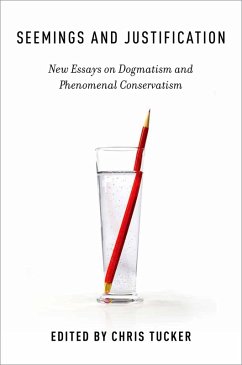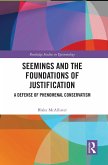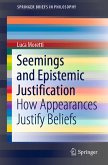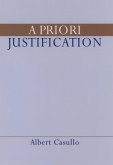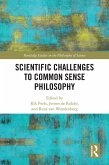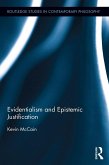You believe that there is a book (or a computer screen) in front of you because it seems visually that way. I believe that I ate cereal for breakfast because I seem to remember eating it for breakfast. And we believe that torturing for fun is morally wrong and that 2+2=4 because those claims seem intuitively obvious. In each of these cases, it is natural to think that our beliefs are not only based on a seeming, but also that they are justifiably based on these seemings-at least assuming there is no relevant counterevidence. These considerations have prompted many to endorse some version of dogmatism or phenomenal conservatism. These views hold that, in the absence of defeaters, a seeming that P provides justification to believe P. The main difference is that dogmatism is restricted to some domain, often perception, and phenomenal conservatism is intended to apply to all seemings. Critics worry that such views run into problems with traditional Bayesianism and that they are too permissive, in part because of their implications regarding cognitive penetration. The primary aim of this book is to understand how seemings relate to justification and whether some version of dogmatism or phenomenal conservatism can be sustained. In addition to addressing each of these issues, this volume also addresses a wide range of related topics, including intuitions, the nature of perceptual content, access internalism, and the epistemology of testimony and disagreement.
Dieser Download kann aus rechtlichen Gründen nur mit Rechnungsadresse in A, B, BG, CY, CZ, D, DK, EW, E, FIN, F, GR, HR, H, IRL, I, LT, L, LR, M, NL, PL, P, R, S, SLO, SK ausgeliefert werden.

